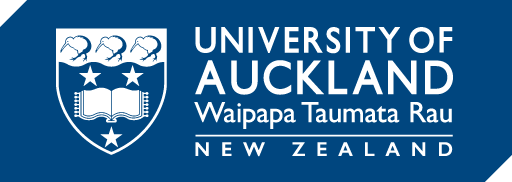Speaker: Valery Pavlov (University of Auckland)
Paper presented: “Sharing the first (year of) experience of getting started with online experiments: why, what it takes, what’s easy, and what’s not.”
Date/Time/Venue: Wednesday, 21 October 2020, 12:30-13:30 (NZST), via Zoom
Abstract: By now, online experiments appear to be at least as popular as labs experiments, and there are several very good reasons for that. One that has become particularly salient at the time of Covid-19 is the possibility to collect the data and thus continue doing research regardless of the availability of students on campus. This presentation is meant to primarily help researchers whose research critically depends on the possibility of running experiments and who experience difficulties getting them done in a computer lab on campus. The presenter shares his experiences with the learning curve of using oTree and MTurk, with and without coding. While collecting the data in a single decision-maker experiment with 1,000 participants requires about the same amount of work as running a single 30-people session in a computer lab, collecting the data in a four-player game proves much harder online than in the lab.
Bio: Dr Valery Pavlov is a Senior Lecturer at the ISOM Department of the UOA Business School. He obtained his PhD at the Penn State University investigating the impact of other regarding preferences on the performance of supply chain contracts under the supervisor of Professor Elena Katok. His research interests belong to the areas of behavioural, and healthcare operations management. In his research he uses primarily experiments and analytical modelling. Among his contributions to the literature are two theoretical results on the contracting problem when preferences for fairness are private information: the “no-rejection” property of the wholesale pricing, and the equivalence of the optimal mechanism and the Ultimatum Game. Papers he co-authored have been accepted for publication in Management Science, Journal of Operations Management, Production and Operations Management, Manufacturing and Service Operations Management.

Recent Comments